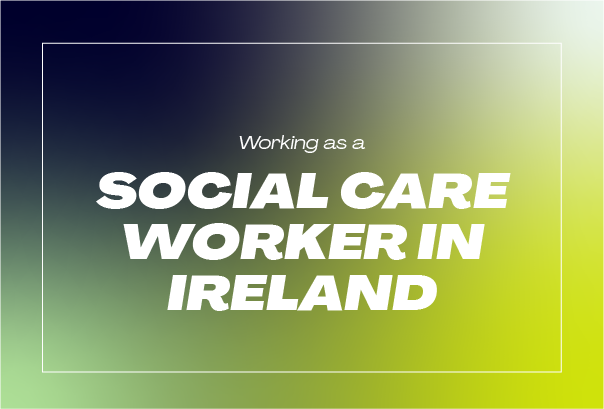Napping is something of a power tool. It can improve your mood, your ability to focus, creativity, decision making and can even lower the risk of a heart attack.
Healthcare jobs usually come hand in hand with shift work, which can be extremely detrimental to someone’s sleeping pattern, especially if you’re somebody who does regular night shifts. Napping won’t solve problems with your sleeping pattern; however, it can help to recharge your batteries and make you feel more positive about going into work.
How Long to Nap For?
The ideal nap time is 20 minutes, any more than this and you’re likely to fall into a sleep that’s too deep. Even 10-15minutes will give your mind a significant boost, which means you can squeeze one into your break and still have time to eat!
When to Nap
It’s said optimal napping time is between 1pm to 3pm, as this is typically after lunch when your blood sugar and energy levels start to dip (also known as a postprandial dip). If this isn’t the best time for your schedule, try napping on your break at work or, if you’re on the night shift, just before you get dressed and ready to leave the house.
How to Train Your Body to Nap
Napping doesn’t come naturally to some people. If you’re someone who currently struggles to fall asleep outside of bedtime, try these tips:
- Don’t have any caffeinated drinks the hour before your sleep.
- Where possible, find a quiet and dark place. If a dark room isn’t possible, why not try a sleeping mask or put something over your head while you rest?
- Set a 20-minute timer. Even if you don’t fall asleep straight away, or on your first couple of tries, you’ll train yourself to get used to this time limit.
- Take deep, slow breaths. Try to block out any voices going through your mind and concentrate on your breathing. You can also picture a calming scene, such as clouds or the ocean. Counting is another technique that helps some people.
- While you’re training yourself to nap, ensure you keep your eyes closed for the full 20 minutes. It may take practise, but after a while, your mind should learn to switch off enough for you to sleep.
Enjoy These Benefits…
- More energy
- Feel happier
- Improved patience
- Better performance at work
- Improved memory
- Healthier heart
- And more!










